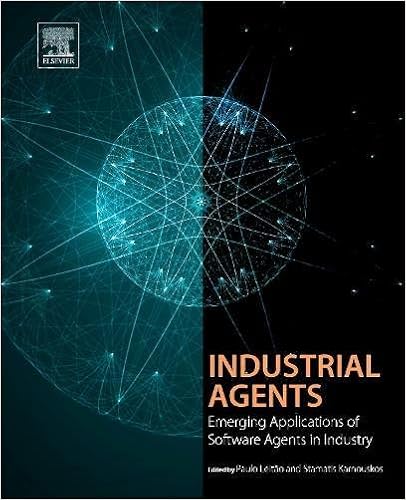Motivation and Scope
Collaborative networks, manufacturing, services, and infrastructures are all moving through a rapid and continual process of redefinition driven by
demanding markets, global competition, and rapid technological change. These drivers manifest themselves in terms of more frequent product and
service changes, greater customization, relentless improvements in cost, quality, and reliability and infrastructure that must be both flexible and
readily re-configurable both physically and in terms of their information systems. The key question to be answered by new scientific
approaches and technologies is "how" to aggregate resources, especially next-generation intelligent systems, manual workplaces, and information and
material flow systems found in the enterprise (from the lowest level real-time supervisory control systems) throughout the shop floor to the upper
management levels, into organizational and executive units optimal to overtake the role of autonomous and collaborative management and control
units.
Agent-based software systems are becoming a key management and control software technology for smart production management and control systems. A multi-agent-based software platform can offer distributed intelligent management and control functions with communication, cooperation and synchronization capabilities, and also provide for the behavior specifications of the smart components of the system. And this offers a convincing answer to the key question addressed above.
The mission of this committee is to provide a forum bringing together researchers and application sector specialists contributing to the advancement and application of industrial agent technology in distributed production (supply chain manufacturing, production planning and scheduling, assembly and continuous processes), services, and infrastructure sectors. In addition, we target the novel and emerging areas driving progress in the industrial sector today, such as industrial ecosystems animated by the next-generation Internet. The committee will provide a continuing base to many researchers who have been participating in national and international projects building on the knowledge base created by past and current efforts like IMS program, EU NoE. The key drivers for this effort are the benefits of agent-based industrial systems, namely: robustness, scalability, re-configurability and productivity, all of which translate to a greater competitive advantage. The experience of some of the committee members showed that agent-based automation could enable a physical production line that would be scalable in production by 70% and has a 40% greater productivity. Similar opportunities exist in supply chains, service sectors, and infrastructure systems.
Within the IEEE Industrial Electronics Society, the TC-IA aims:
Agent-based software systems are becoming a key management and control software technology for smart production management and control systems. A multi-agent-based software platform can offer distributed intelligent management and control functions with communication, cooperation and synchronization capabilities, and also provide for the behavior specifications of the smart components of the system. And this offers a convincing answer to the key question addressed above.
The mission of this committee is to provide a forum bringing together researchers and application sector specialists contributing to the advancement and application of industrial agent technology in distributed production (supply chain manufacturing, production planning and scheduling, assembly and continuous processes), services, and infrastructure sectors. In addition, we target the novel and emerging areas driving progress in the industrial sector today, such as industrial ecosystems animated by the next-generation Internet. The committee will provide a continuing base to many researchers who have been participating in national and international projects building on the knowledge base created by past and current efforts like IMS program, EU NoE. The key drivers for this effort are the benefits of agent-based industrial systems, namely: robustness, scalability, re-configurability and productivity, all of which translate to a greater competitive advantage. The experience of some of the committee members showed that agent-based automation could enable a physical production line that would be scalable in production by 70% and has a 40% greater productivity. Similar opportunities exist in supply chains, service sectors, and infrastructure systems.
Within the IEEE Industrial Electronics Society, the TC-IA aims:
- To develop strategies for supporting systems developments using state-of-the-art technologies and to assist in developing an integrated understanding of future systems needs for the addressed application sectors;
- To develop strategies for generating cross-cutting activities with other TCs of the IES;
- To provide forums and opportunities for members to exchange ideas, knowledge, experience, learning and results in this area.
- To stimulate cross-fertilization of technical and scientific ideas for the advancement of the industrial agents field in tune with the latest breakthroughs at the confluence of the ICT and intelligent manufacturing sectors.

As an introduction to the area of Industrial Agents, we suggest the book published by the TC-IA titled: "Industrial Agents: Emerging Applications of Software Agents in Industry". Some additional info about the key areas the TC-IA members have been active has been analyzed in the paper "A community analysis of the IEEE IES industrial agents technical committee". In addition, check the recent common papers published by the TC members as well as the ongoing events.